Learning outcomes:
- Hands-on Learning: Engaging in practical experiments fosters a deeper understanding of STEAM concepts, making learning more experiential and memorable.
- Interdisciplinary Skills: Encourages the integration of Science, Technology, Engineering, Arts, and Mathematics, promoting a holistic approach to problem-solving and innovation.
- Critical Thinking and Problem-Solving: Challenges in the lab stimulate critical thinking, fostering problem-solving skills crucial for real-world applications.
- Career Readiness: Prepares students for future careers by exposing them to technology, tools, and methodologies used in various professions.
- Confidence Building: Successfully completing hands-on projects in the lab boosts students’ confidence in their abilities and enhances their self-esteem.
- Mentor Support: Provides personalized guidance crucial for students’ overall development and growth.
- DIY KIT: DIY kits leverage active learning strategies that engage multiple facets of a student’s cognitive processes, leading to more robust and lasting memory retention.
Students Benefits:
- Holistic Understanding: Students see the connections between different subjects and understand how they work together in a practical context.
- Prototyping and Design: Students often engage in designing and prototyping solutions, honing their engineering and creative skills.
- Adaptation to New Technologies: Students become adept at adapting to and utilizing emerging technologies.
- Presentation Skills: Students present their projects, enhancing their ability to communicate complex ideas to diverse audiences.
- Entrepreneurial Thinking: Students may explore entrepreneurial aspects by developing projects with real-world applications.


